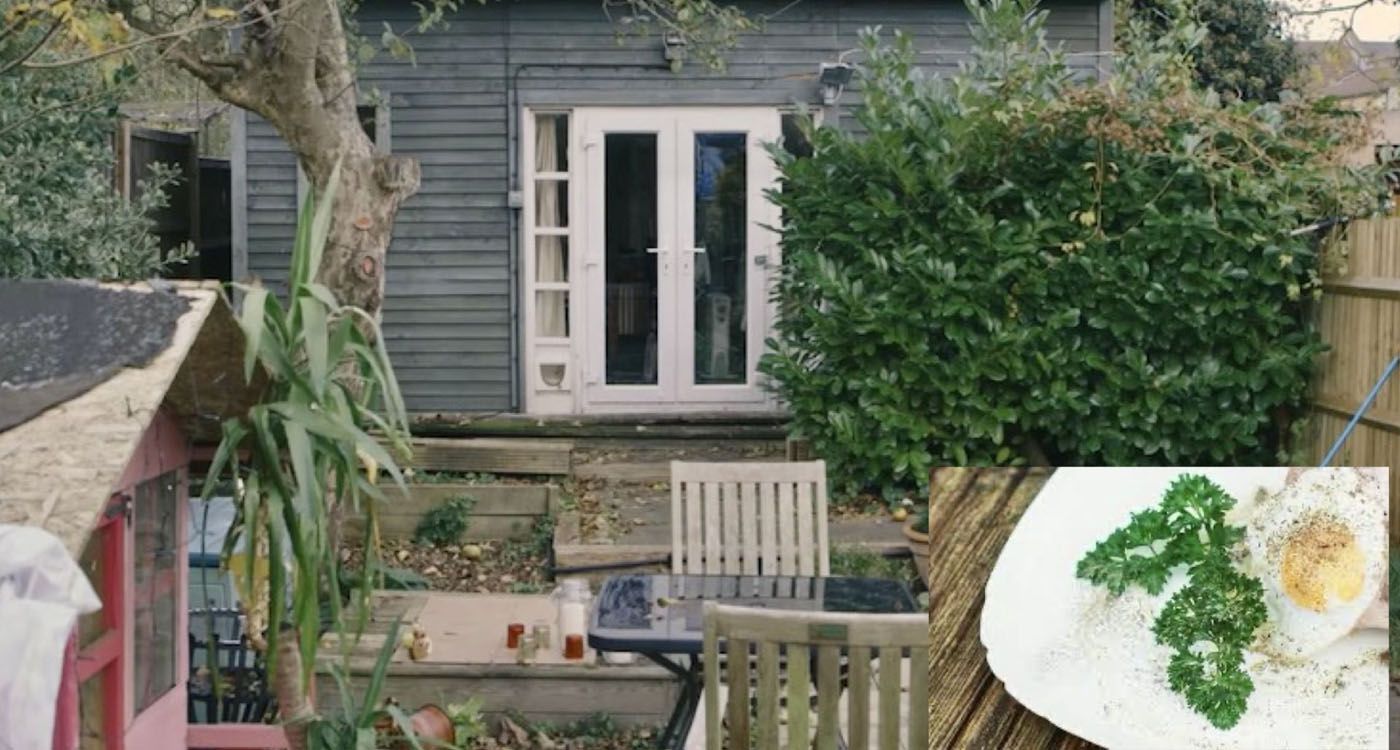
In 2017, a simple shed at the back of a London garden shot to number one on TripAdvisor. Behind this now-legendary hoax, journalist Oobah Butler exposed the absurdity of online rankings—and our collective gullibility.
No menu. No chef. No real kitchen. Just a shed, a mobile phone, and a lot of nerve. In just a few months, The Shed at Dulwich became London’s top-rated restaurant on TripAdvisor, outranking thousands of Michelin-starred, gourmet, and trendy venues. Except it never actually existed.
This brilliant hoax was the brainchild of a young British journalist, Oobah Butler, a regular contributor to VICE. Known for his offbeat stories, he started with a simple observation: years earlier, he had been paid to write fake positive reviews for restaurants on TripAdvisor. That experience gave him an idea to push the system to its limits and show just how easily it could be manipulated.
It all began in the backyard of his housemates’ home in Dulwich, a quiet residential neighborhood in south London. He decided the rundown wooden shed would be his “restaurant.” He gave it a conceptual name, set up a fake (untraceable) address, built a basic website, and essentially created a real TripAdvisor page. Tapping into current food trends, he gave the place an identity: “conceptual, organic, intimate.” The dishes were entirely fabricated and staged with absurd yet carefully styled photos. A raw egg placed on a razor blade became a “charcoal egg on a bed of despair.” Garden pebbles slathered in sauce passed for gourmet bites. Everything was fake, yet everything looked convincing because it ticked all the right boxes.
Next, Oobah mobilized his network. Friends, acquaintances, and close contacts each posted fake glowing reviews at regular intervals, carefully following TripAdvisor’s unwritten rules. No copying and pasting, no rushing. The goal was to climb the ranks slowly and methodically. And it worked. In just six months, The Shed at Dulwich rose from last place in the rankings (18,149th) to the very top. By November 2017, it was officially London’s number one restaurant on TripAdvisor. And yet… no one had ever actually eaten there.
From Illusion to Reality
What makes the story even more striking is what happens after the restaurant gains “fame.” The phone won’t stop ringing. Celebrities call to book tables. Brands seek collaborations. Tourists insist on getting reservations. Oobah quickly realizes he has created a monster. The very notion of an inaccessible, secret, ultra-exclusive spot sparks people’s imagination. In his report, he explains that the more he said “no,” the stronger the demand grew. It’s the private club syndrome: exclusion fuels desire.
To wrap up his experiment, he decided to open The Shed at Dulwich… for real. Just one night. He invited about a dozen guests who believed they had secured an exclusive reservation. For the setting, he transformed the shed with fairy lights, music, and even a few live chickens to create an “authentic” atmosphere. The kitchen? Nothing fresh — frozen supermarket meals hastily reheated. Yet the guests left impressed. Some praised the ambiance, others the “subtlety of the flavors.” The evening was a success — the ultimate proof that subjective experience, storytelling, and atmosphere often matter more than the actual quality of the food.
The hoax quickly made headlines worldwide, and Butler’s article on VICE went viral. TripAdvisor responded with a mix of amusement and embarrassment. The company acknowledged that the system had been manipulated but defended its algorithm: “It is not designed to withstand such a coordinated and fraudulent attack.” The journalist, however, wasn’t out to place blame. He simply highlighted the flaws of a system built on digital gullibility, where a good image often matters more than a quality product.
Since then, Oobah Butler has become a leading figure in satirical journalism. He has published a book (How to Bullsh*t Your Way to Number One), produced several documentaries, and continues to expose the flaws of our era. His hoax also sparked an important debate about the reliability of online platforms. Can we truly trust anonymous reviews? Ratings? Rankings? Or are we all willing participants in a vast collective mirage?
The Shed at Dulwich never served real food, but it taught us a powerful lesson about our times: in an era dominated by image and influence, authenticity no longer needs to exist to be believable. All it takes is the right setting… and a smart algorithm.




Comments